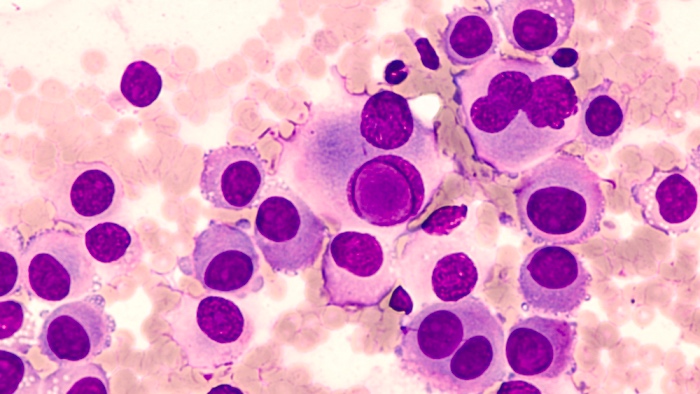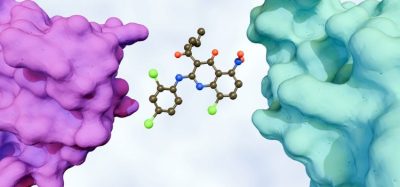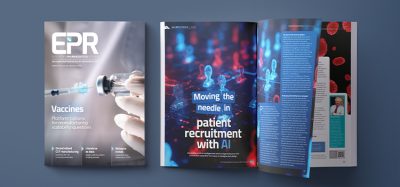Repurposing leukaemia drugs may prevent melanoma metastasis
Posted: 2 March 2018 | Dr Zara Kassam (European Pharmaceutical Review) | No comments yet
Data from a new study shows that repurposing drugs used to treat leukaemia has promise for preventing melanoma metastasis…


Data from a new study shows that repurposing drugs used to treat leukaemia has promise for preventing melanoma metastasis.
The study showed new evidence linking the activation of ABL kinases – cancer-promoting genes – to the secretion of pro-metastatic cathepsins in melanoma. Cathepsins are enzymes that degrade proteins and are highly expressed in cancer cells, resulting in their release into the environment between the cells. These enzymes “chew up” the fibrous matrix around tumours, which allows them to get into the bloodstream and lymphatic system and spread around the body.
Researchers at theUniversity of Kentucky Markey Cancer Center showed that ABL kinases induce cathepsin expression and secretion by increasing the activity of key transcription factors that upregulate numerous proteins involved in metastasis. Transcription factors bind to the regulatory part of genes and induce their expression. This study is the first to demonstrate that ABL kinases not only increase the abundance of the transcription factors but also regulate the ability of these transcription factors to bind to the promoters and induce gene expression.
Lastly, the researchers found that ABL kinases inhibitors already approved by the Food & Drug Administration (FDA) for treating leukaemia also prevented metastasis induced by secreted cathepsins in animal models of metastatic melanoma.
“This data has important therapeutic implications, as drugs that inhibit ABL kinases have been used for decades to treat leukaemia with few side effects,” said Dr Rakshamani Tripathi, a postdoctoral scholar in the UK Department of Pharmacology and Nutritional Sciences and lead author on the study. “Repurposing these drugs may represent a new strategy for targeting cathepsins and may be an effective approach for treating metastatic melanoma patients.”
The study has been published in Science Signaling.









